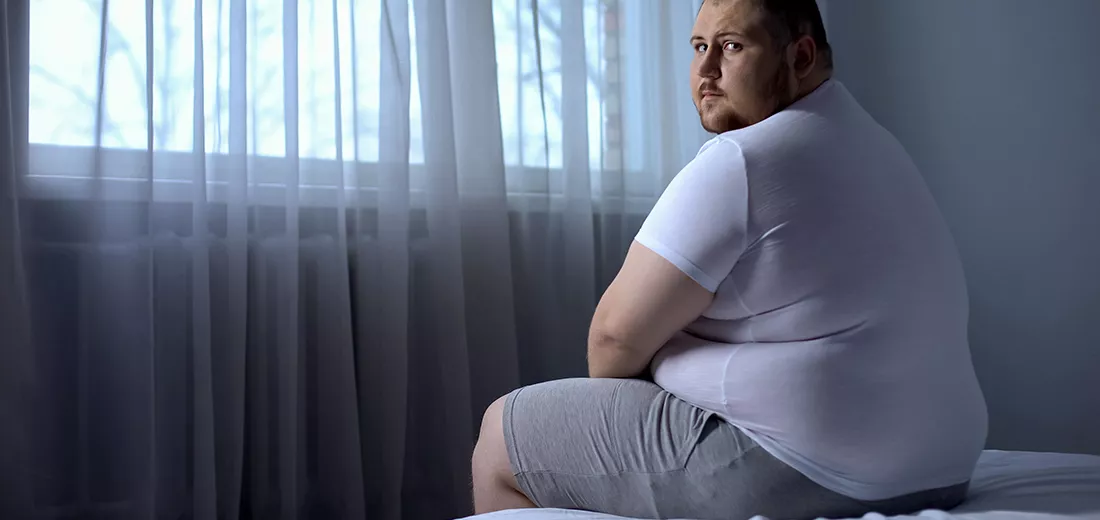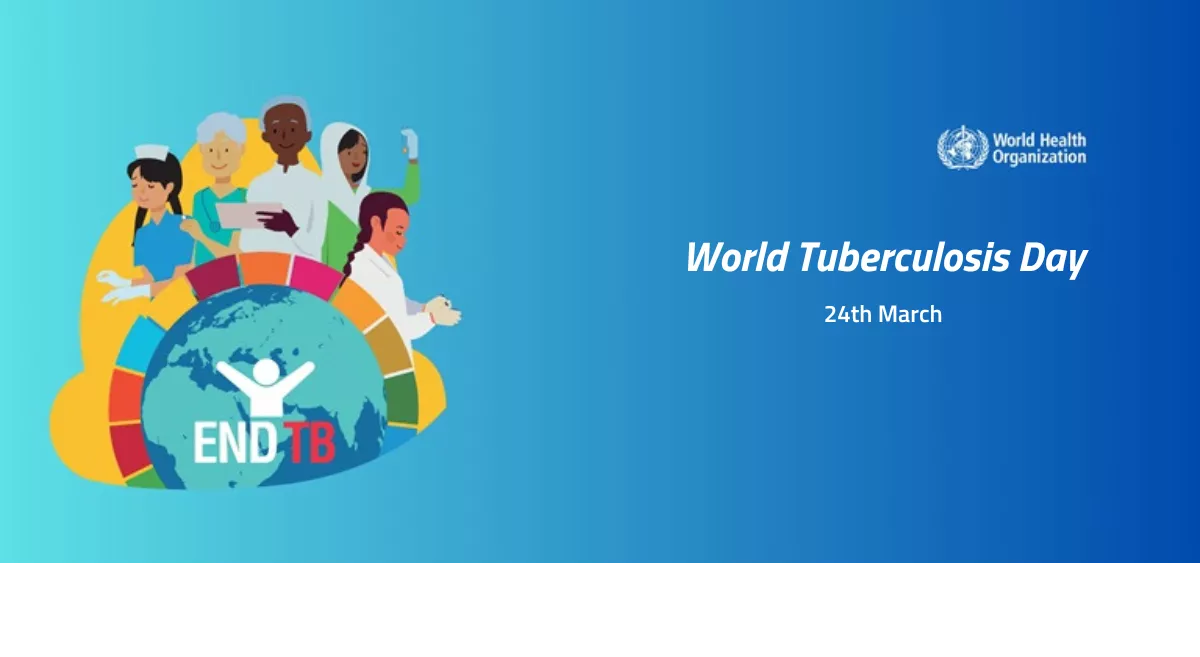Body image isn't just a women's problem. Many studies show that an astoundingly high percentage of men are dissatisfied with, engrossed with, and even impaired by concerns about their appearance. One American study, for example, found that the percentage of men dissatisfied with their overall appearance (43%) has nearly tripled in the past 25 years and that nearly as many men as women are unhappy with how they look.
Gynecomastia is a condition seen among boys and men as a swelling of the breast that appears larger than normal. Gynecomastia is caused by an imbalance of the hormones estrogen and testosterone. Normal changes in hormone levels can cause gynecomastia among newborn, pubertal age group boys in elderly men. Gynecomastia is the benign enlargement of glandular breast tissue in men. It is usually caused by increased estrogen activity, decreased testosterone activity, or the use of numerous medications. It usually debuts during adolescence and it is reported in up to 65% of the male population.
Gynecomastia is defined as excess glandular growth of breast tissue in males. It is a noticeable physical difference that commonly affects males in adolescence and old age. While often transient in nature, gynecomastia persists indefinitely in 10% of cases. Much of the literature on gynecomastia has focused on etiology and management. Even mild gynecomastia can have adverse psychological effects in boys, according to the study by ASPS Member Surgeon Dr. Brian I. Labow and colleagues of Boston Children's Hospital. They believe their findings have important implications for early intervention and treatment, including male breast reduction in appropriate cases
Gynecomastia Can Cause Anxiety - The initial emotional reaction to the enlargement of glandular tissue in men is a feeling of anxiety. Patients are likely to have feelings of uncertainty over the eventual outcome of diagnosis and any potential treatment plan. Studies report that affected males are likely to make medical inquiries as to the possibility of gynecomastia leading to male breast cancer. A survey published by Breast Care reported that patients are most likely to experience significant episodes of apprehension secondary to anxiety if they present with other medical conditions, possess personal traits of anxiety, and/or have a high education background. Generally, the disturbing mental image shaped by this condition and persistent fear of the unspecified is the primary cause of anxiety.
Gynecomastia Can Cause Low Self-Esteem - Men with gynecomastia are likely to have a recurring feeling of incompleteness due to body form dissatisfaction and social phobia. These patients are also likely to mentally imagine a society that attaches abnormality and stigma to the condition. A study published by the Journal of Plastic and Reconstructive Surgery revealed that compared to the normal population, psychological metrics that measure social phobia and low self-esteem were significantly higher in men with gynecomastia. Patients especially reported feelings of shame to expose the body, especially in social gatherings with people they are not related with. Several publications have recommended psychotherapy sessions with a clinical psychologist as an adjunct therapy for the management of the condition with an extension to post-operative patients.
In conclusion, the psychological impact of having gynecomastia can be severe and can even lead to suicidal thoughts in extreme cases. Psychotherapy and/or surgical intervention for gynecomastia should be considered as part of a treatment plan for the condition.
Reference:
- Carlson HE. Gynecomastia. N Engl J Med 1980;303:795-9. [Crossref] [PubMed]
- Johnson RE, Murad MH. Gynecomastia: pathophysiology, evaluation, and management. Mayo Clin Proc 2009;84:1010-5. [Crossref] [PubMed]
- Niewoehner CB, Nuttal FQ. Gynecomastia in a hospitalized male population. Am J Med 1984;77:633-8. [Crossref] [PubMed]
- Ordaz DL, Thompson JK. Gynecomastia and psychological functioning: A review of the literature. Body Image. 2015 Sep. 15:141-8. [Medline].
- Schonfeld WA. Gynecomastia in adolescence: effect on body image and personality adaptation. Psychosom Med. 1962;4:379–389. [PubMed] [Google Scholar]
- Stromsvik N, Raheim M, Oyen N, Engebretsen LF, Gjengedal E. Stigmatization and male identity: Norwegian males’ experience after identification as BRCA1/2 mutation carriers. J Genet Counsel. 2010;19:360–370. [PubMed] [Google Scholar]
- Wassersug RJ, Oliffe JL. The social context for psychological distress from iatrogenic gynaecomastia with suggestions for its management. J Sex Med. 2009;6:989–1000. [PubMed] [Google Scholar]
Dr. JOHNSEY THOMAS
Psychologist (Behavioural Health Scientist)
Mentor and Trainer, Health & Wellness Strategist
Certified Cognitive Behavioral Therapist
Aster Prime Hospital, Ameerpet, Hyderabad.










